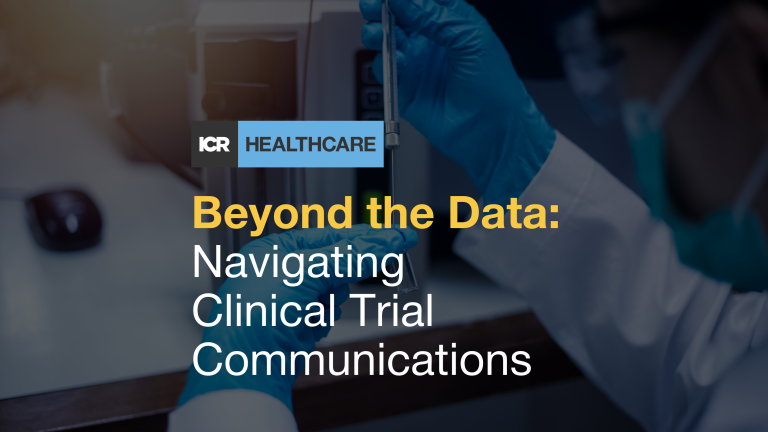As the rain begins to fall again on a wet August afternoon in London’s largely theoretical Summer it’s good to focus on brightness – and the UK life sciences sector is definitely bright.
In July, the UK BioIndustry Association made a bold claim: UK life sciences is on the cusp of a golden age. Publishing its latest quarterly financing update, the BIA stated that in the quarter from March 2021 to May 2021 global investors had put £1.56bn into UK life sciences, the highest ever recorded for a quarter since the association started recording the data. This meant £2.39bn had been raised so far in 2021 compared to £2.81m in the whole of the previous year which was itself a record.
At Consilium Strategic Communications, we have seen the evidence of this. In 2021, we have continued supporting clients with their US and European IPOs as we have in recent years. In total our clients have raised over £500m in IPOs on NASDAQ, Euronext Brussels and AIM, and £925m in private rounds including CMR Surgical’s $600 million Series D financing round, the largest ever MedTech private financing round, and a $245 million Series D fundraise from Quanta Dialysis Technologies.
However, UK public transactions have been rarer. There are signs this is changing. Not only are UK IPOs back in terms of increasing numbers of deals but investors are also backing drug development companies for the first time in a number some years.
Just in our own client base, we saw the AIM IPO of Arecor, a UK-biopharmaceutical company using its proprietary technology platform to develop innovative new medicines through the enhancement of existing therapeutics. With an in-house pipeline in diabetes, Arecor’s IPO marks a welcome return of UK investment into drug development proper, albeit in Arecor’s case with the reduced risk of working on existing products and the balance of revenue generating partnerships with pharmaceutical companies as well.
In August, this was followed by BiVictriX, a rapidly emerging drug discovery and development company, applying a novel approach to develop next generation cancer therapeutics using insights derived from frontline clinical experience within the NHS. And the IPO pipeline remains stronger than ever.
It’s worth noting that in addition to being some of the first drug development businesses in this new wave of UK IPOs, both these companies are led by women, another welcome development in building a potential new age in UK life sciences.
It’s a new age that UK Government is supportive of, publishing in July its Life Sciences Vision, a 10 year strategy to build on the pandemic response and seek to solve some of the biggest healthcare problems of our generation including cancer and dementia. As the Vision makes clear, the COVID-19 pandemic has highlighted the ‘astonishing power’ the life sciences industry plays in tackling the most terrible health threats. It promises to unleash this power through building on the UK’s world-class research base, the NHS as a driver of innovation, the development of incentives and structures for growth and through harnessing the financial firepower of the City of London.
There is clearly work to be done in translating the vision into reality, not least in increasing the pool of capital needed for UK firms to grow to scale, but the UK’s pre-eminent science base makes for a highly fertile ground on which to grow a vibrant sector.



